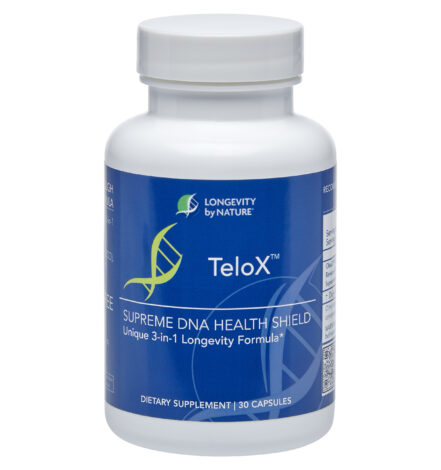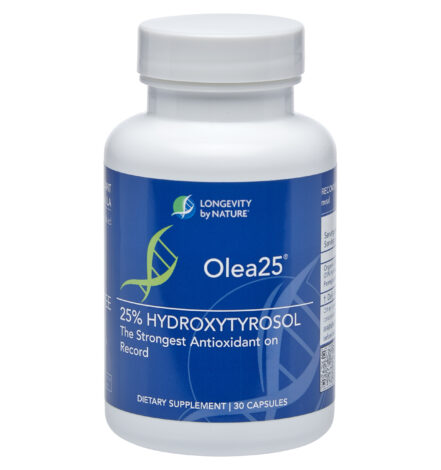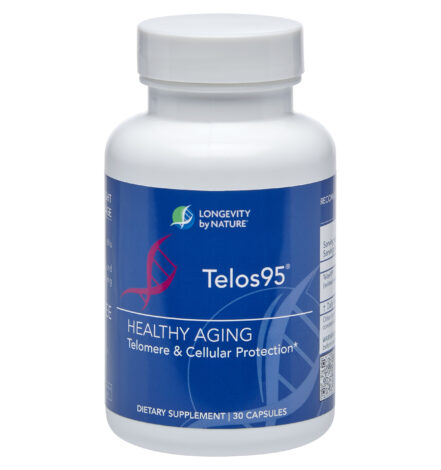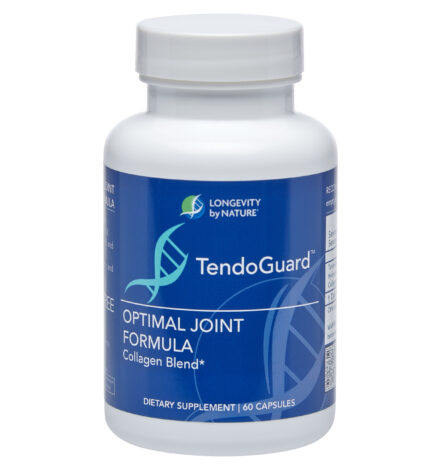Epigenetics, the study of changes in gene expression without altering DNA sequence, is important for understanding health and disease. Environmental factors, lifestyle choices, and genetic predispositions influence epigenetic modifications, impacting disease risk and progression.
What is Epigenetics?
Epigenetics is the study of changes in gene expression that don’t involve alterations to the underlying DNA sequence. These changes can affect how genes are turned on or off and can be influenced by age, the environment, lifestyle, and diseases. Epigenetic modifications can be temporary or, in some cases, passed down to subsequent generations. It also can help us understand diseases like cancer, psychological disorders, and cardiovascular diseases. By studying epigenetics, researchers hope to develop targeted therapies that can alter epigenetic marks to treat diseases.
How does Epigenetics work?
Unlike mutations, which involve changes in the DNA sequence, epigenetic modifications can alter how genes are turned on or off without changing the underlying DNA sequence. Epigenetic modifications can be influenced by environmental factors such as diet, stress, toxins, and exposure to pollutants. These modifications can be reversible and inherited across generations, potentially affecting the health and traits of offspring. Understanding how epigenetic mechanisms regulate gene expression is important for unraveling the complexities of development, disease, and adaptation to environmental challenges.
The impact of Epigenetics on our health
Environmental epigenetics is a field of study that examines how environmental factors, like pollution, stress, and diet, can influence gene expression and, consequently, impact health outcomes.
Catastrophic events such as the nuclear disaster in Fukushima, Japan in 2011 and large-scale oil spills can have profound effects on human health. The release of radioactive materials from nuclear accidents like the one in Fukushima can lead to radiation exposure, and overwhelming cellular damage, including DNA damage. This is believed to contribute to the acceleration of cancer, cardiovascular diseases, neurological disorders, and additional epigenetic diseases. Taking TeloX™ can prevent environmental epigenetics cell mutation and DNA damage, oxidative stress, and inflammation while supporting and strengthening the immune system.
Similarly, oil spills can release toxic substances into the environment, contaminating air, water, and soil. Exposure to these pollutants can result in respiratory problems, skin disorders, neurological disorders, and other adverse health effects, particularly for those living in nearby communities or involved in cleanup efforts. Environmental disasters underscore the importance of understanding and mitigating the health impacts of such events through disaster response, environmental monitoring, and public health interventions.
Epigenetics and Age
As we age, the epigenetic regulation of gene expression can change, influencing aspects of cellular function and health. These changes can be influenced by a combination of genetic factors, environmental exposures, lifestyle choices, and others. DNA methylation patterns alter with age, impacting gene expression and contributing to diseases like cancer and cardiovascular disorders. Additionally, histone modifications and non-coding RNA regulation may influence aging-related processes like DNA repair and cellular senescence. This holds promise for developing interventions to support healthy aging and combat age-related diseases, with researchers exploring new therapeutic targets to enhance longevity.
Epigenetics and Reversibility
Epigenetics involves reversible changes in gene expression that occur without alterations to the DNA sequence. These changes can be influenced by diet, stress, and environmental exposures. Epigenetic modifications can be reversed, allowing for gene expression patterns to be modified and to restore cellular function. Understanding the reversibility of epigenetic changes through new studies holds promise for treating diseases by targeting specific epigenetic mechanisms.
Epigenetics and Infections
When pathogens like viruses or bacteria invade the body, epigenetic modifications can occur to regulate the immune response. These modifications influence the expression of genes involved in immune defense mechanisms, inflammation, and pathogen recognition. Pathogens can manipulate host epigenetic machinery to promote their own survival and replication. Understanding the interplay between epigenetics and infections is essential for developing strategies to combat infectious diseases and improve immune responses. Ongoing research in this field aims to uncover the specific epigenetic mechanisms involved in infection outcomes and identify potential targets for interventions.
Epigenetics and Cancer
Epigenetics significantly impacts the development and progression of cancer. Changes in epigenetic regulation can lead to alterations in gene expression contributing to cancer initiation, growth, and spread. These changes occur through DNA methylation, histone modifications, and regulation by non-coding RNAs. Epigenetic alterations can affect critical cellular processes including cell cycle control, DNA repair, and cell death, promoting the uncontrolled proliferation of cancer cells and the evasion of immune surveillance. Additionally, epigenetic modifications can influence the response of cancer cells to chemotherapy and other treatments. Understanding the role of epigenetics in cancer is essential for developing therapies that reverse or counteract these epigenetic changes and improve patient outcomes. Ongoing research aims to identify novel epigenetic targets for cancer treatment and develop innovative strategies for personalized cancer therapy.
Is there a link between epigenetics and chronic diseases?
Yes, there is a significant link between epigenetics and chronic diseases. Epigenetic modifications, such as DNA methylation, histone modifications, and non-coding RNA regulation, can influence the expression of genes involved in various biological processes, including inflammation, metabolism, immune response, and cell proliferation. Dysregulation of these epigenetic mechanisms has been implicated in the development and progression of chronic diseases like cancer, cardiovascular disease, diabetes, autoimmune disorders, and neurodegenerative diseases.
DNA methylation patterns have been observed in many types of cancer, leading to silencing of tumor suppressor genes. Changes in histone modifications alter the expression of genes involved in inflammation and immune response, contributing to how autoimmune diseases and inflammatory conditions progress. Epigenetic modifications associated with metabolic regulation can influence the risk of obesity, diabetes, and cardiovascular disease. Researchers are striving to devise interventions aimed at specific epigenetic modifications, to reverse or alleviate these effects. Their goal is to improve patient outcomes in the management of chronic diseases.
Related Blog Posts
- What are Telomeres?
- Tips to Protect Against DNA Damage
- How Can I Boost DNA Repair Naturally?
- What are “Zombie Cells” & Their Role in Aging?
- Why Do We Lose Telomeres as We Age?
- How to Protect Your Telomeres & Increase Longevity
- Why Do Telomeres Shorten With Age?
- Why is Telomere Length Important in Aging?
- Tips to Slow Down Telomere Shortening
- Tips to Slow Down Cellular Aging
Addressing these modifications through the use of TeloX Supreme DNA health supplements may prevent age-related diseases by promoting cellular longevity and managing epigenetic conditions. Taking proactive steps by prioritizing healthy habits alongside targeted DNA supplements can prevent epigenetic cell mutation, DNA damage, oxidative stress, and inflammation.
Discover TeloX from Longevity by Nature
By preventing environmental epigenetic cell mutation and DNA damage, TeloX Supreme DNA health supplements from Longevity by Nature, influence epigenetic mechanisms, potentially preventing diseases associated with cellular aging while optimizing the immune system. TeloX also offers support for mitochondria and telomeres. TeloX is a 3-in-1 plant-based blend that protects the body from oxidative stress and prevents premature aging. Clinically proven TeloX Supreme DNA health supplement contributes to overall health.
Closing thoughts
Longevity by Nature® has been dedicated to improving cellular and tissue health naturally for more than three decades. Our supplements are made from natural sources rather than laboratories, ensuring authenticity without synthetic additives. Crafted to the highest standards and supported by clinical research, our supplements are designed to support healthy living and aging. Experience the benefits of our DNA supplements, including TeloX Supreme, which decreases oxidative stress. By targeting specific epigenetic mechanisms, our longevity natural supplements improve cellular function, lower the risks of diseases, and promote well-being.
Final Thoughts – Taking Control of Our Epigenetic Health
Taking control of our epigenetic health involves making lifestyle choices that positively influence gene expression and cellular function. This includes adopting a nutrient-rich balanced diet, engaging in regular exercise, managing stress effectively, minimizing exposure to harmful environmental factors, and taking TeloX. By prioritizing these habits, we can improve our epigenetic profile, and prevent cell mutation, DNA damage, oxidative stress, and inflammation while improving our immune system.
Explore more best selling supplements from Longevity by Nature







